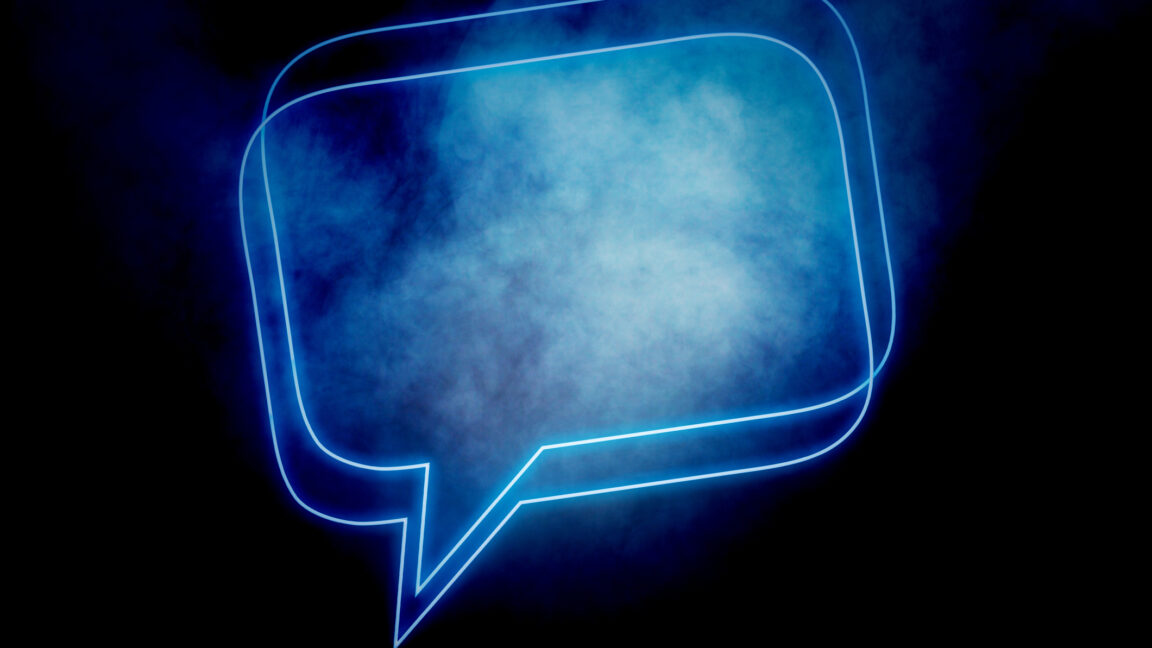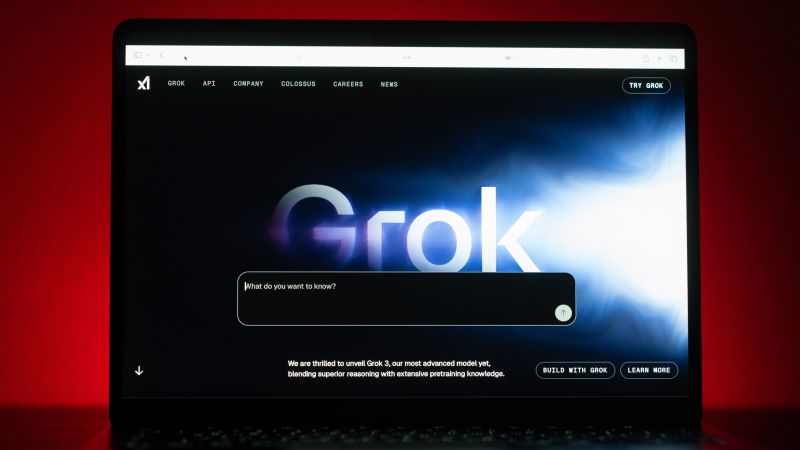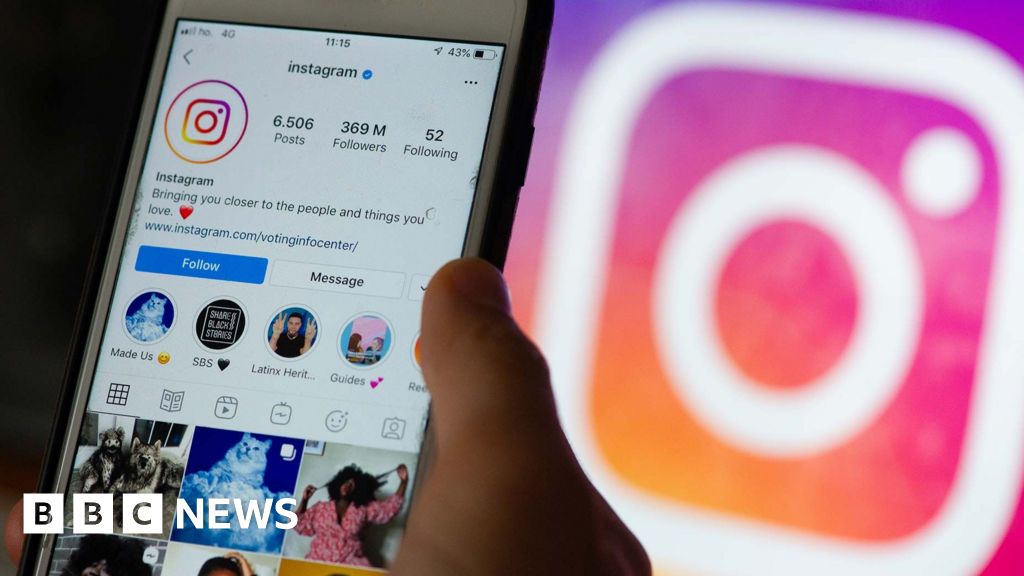OpenAI's ChatGPT Raises Privacy Concerns

Introduction
OpenAI's latest chatbot, ChatGPT, has caused quite a stir in the tech world. Users were shocked to discover that their private conversations with the AI were showing up in Google search results. This has raised concerns about privacy and security, with many demanding answers from OpenAI.
Key Details
The issue was first brought to light by an Ars Technica article, which revealed that personal conversations with ChatGPT were being indexed by Google. OpenAI quickly responded, stating that they were not aware of this and that it was not intentional. They have since taken immediate action to remove the conversations from Google's search results.
However, this incident has shed light on the potential risks of using AI chatbots. With the growing popularity of these technologies, it is crucial for companies to prioritize user privacy and security. OpenAI's quick response and resolution of the issue is a step in the right direction towards building trust with their users.
Impact
The exposure of private conversations in Google search results has left many ChatGPT users feeling uneasy. This incident has also sparked discussions about the responsibility of companies to protect user data and the need for stricter regulations in the AI industry.
Furthermore, it highlights the importance of being cautious when using AI chatbots and being aware of the potential risks involved. As AI technology continues to advance
About the Organizations Mentioned
OpenAI
OpenAI is a leading artificial intelligence research and deployment company founded in 2015 with the mission to ensure that artificial general intelligence (AGI)—AI systems generally smarter than humans—benefits all of humanity[1][2]. Initially established as a nonprofit, OpenAI’s goal has always been to advance safe and broadly beneficial AI technologies. In 2019, OpenAI created a for-profit subsidiary to scale its research and deployment efforts while keeping mission-aligned governance. As of October 2025, this structure evolved into the OpenAI Foundation (nonprofit) governing the OpenAI Group, a public benefit corporation (PBC). This unique corporate form legally binds OpenAI Group to prioritize its mission alongside commercial success, ensuring broader stakeholder interests are considered[1]. The Foundation holds equity in the Group, aligning incentives for long-term impact and growth. Microsoft owns approximately 27% of OpenAI Group, with employees and investors holding the rest[1]. OpenAI is renowned for pioneering breakthroughs in large language models and AI applications. Its products like ChatGPT revolutionized human-computer interaction by enabling natural language conversations and task automation. OpenAI continuously innovates by integrating AI into business tools—for example, its recent launch of “company knowledge” in ChatGPT Business harnesses AI to aggregate and analyze internal company data from apps like Slack, Google Drive, and GitHub, enhancing workplace productivity and decision-making[3]. Key achievements include advancing AI safety research, reducing hallucinations in language models, and expanding AI’s accessibility through products like Codex and ChatGPT Atlas (a browser with ChatGPT integration)[2]. OpenAI’s balanced governance model and cutting-edge research position it uniquely at the intersection of technology innovation and ethical AI development, making it a focal point in business and technology news globally.
Google, a subsidiary of Alphabet Inc., is a global technology leader primarily known for its internet-related products and services, including its dominant search engine, advertising platforms, cloud computing, software, and hardware offerings. Founded in 1998 by Larry Page and Sergey Brin, Google has evolved from a simple search engine into a diversified tech giant with significant influence across multiple sectors[2][8]. The company’s core business revolves around Google Services, which includes Search, YouTube, Android, Chrome, Google Maps, Google Play, and advertising. Its advertising business remains the largest revenue driver, underpinning ambitious investments in emerging technologies such as artificial intelligence (AI) and cloud computing. Google Cloud, a major growth segment, offers infrastructure, platform services, and enterprise tools like Google Workspace, providing AI-powered solutions for data analytics, cybersecurity, and collaboration[2]. Google has consistently pioneered innovations in AI, demonstrated recently at Google I/O 2025, where it showcased advances in AI-powered search and personalization, emphasizing local discovery and smarter user experiences. AI integration also reshapes local business visibility through enhancements in the Google Business Profile, enabling businesses to better engage customers with AI-driven communication and search optimization[3][5][6]. Financially, Alphabet crossed a landmark $3 trillion market capitalization in September 2025, joining a select group of tech giants due to robust revenue growth driven by AI, resilient advertising, and expanding cloud services. This milestone reflects Google’s strategic balance between its dominant ads engine and scaling innovative bets[1]. Culturally, Google in 2025 maintains its commitment to innovation, openness, and user focus while adapting to business realities. It remains a top employer, known for fostering employee empowerment and evolving workplace policies to attract and retain talent, marking its maturity as a global tech leader with over 150,000 employees[4]. In summary, Google represents a transformative force in technology and business, blending AI-driven innovation, dominant market presence, and cultural adaptability to shap
Ars Technica
Ars Technica is a prominent technology-focused website founded in 1998 by Ken Fisher and Jon Stokes, dedicated to delivering in-depth news, reviews, and analysis across technology, science, politics, and society. It was created to serve "alpha geeks" such as technologists and IT professionals by offering technically savvy, accurate, and engaging content beyond typical click-bait[2][3]. The site’s name, derived from Latin meaning "the art of technology," reflects its mission to blend detailed technical insight with accessible storytelling. Originally launched as a small endeavor by Fisher, who envisioned a platform for serious tech coverage when few existed, Ars Technica quickly grew into a limited liability company with a core team of editors and contributors by 2000[1]. Ars Technica distinguished itself early by pioneering digital subscription services starting in 2001—ahead of many digital media outlets—offering long-form content in downloadable formats like PDFs and eBooks. It was also among the first IT publications to cover Apple's resurgence and to analyze the cultural impact of gaming alongside technology[2]. In 2008, Ars Technica was acquired by Condé Nast Digital for $25 million, joining a portfolio including Wired and Reddit, which expanded its reach and resources. The company operates primarily on advertising revenue supplemented by paid subscriptions (Ars Pro), sponsorships, affiliate marketing, and branded merchandise. Subscription benefits include an ad-free experience, exclusive content, and community interaction[3][4]. Today, Ars Technica is recognized for its comprehensive technology journalism that balances breadth and depth, maintaining credibility and integrity while catering to a discerning audience of tech enthusiasts and professionals worldwide. It operates with a distributed staff across major US cities and London, continuing to innovate in tech media[3][2].













